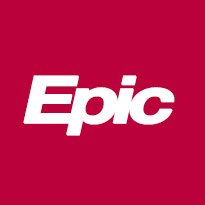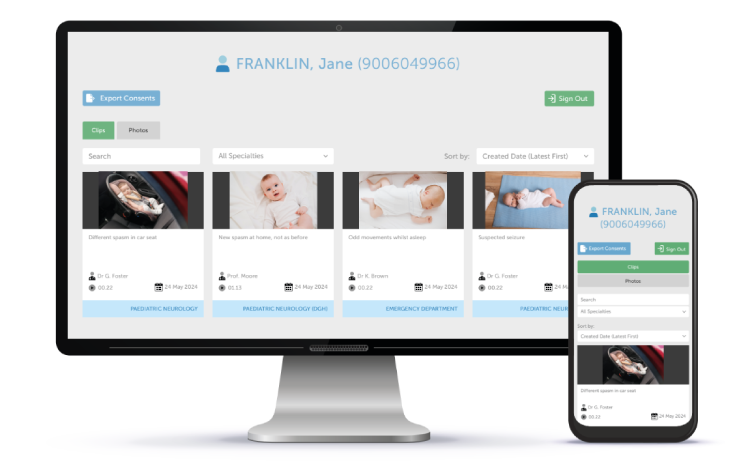Royal Devon edges towards Epic
- 12 May 2014

Royal Devon and Exeter NHS Foundation Trust has selected Epic as preferred supplier to provide a new electronic patient record system.
A trust spokesperson told EHI that after undertaking a “robust evaluation process of all supplier bids,” Royal Devon and Exeter has decided to announce its preferred supplier is Epic.
“The next phase of the work programme will enable us to work closely with Epic to complete the necessary benefit realisation due diligence work with the aim of taking a full business case to the trust board in the autumn,” said the trust spokesperson.
“This phase of work will enable us to design our future patient pathways to improve the experience and outcomes for our patients and to consistently deliver this in a safe and financially viable way. “
EHI understands that this will be a 12 week ‘business benefits planning’ affordability study to ensure it can actually afford Epic and the high associated implementation costs.
If the trust does eventually proceed to contract award it would represent Epic’s second NHS customer. In April 2013 Cambridge became the first trust in the UK to select the clinical software supplier.
Devon originally went out to tender for an EPR together with Taunton and Somerset NHS Foundation Trust in March 2013.
The two trusts later parted company, and this March EHI reported that Taunton had selected IMS Maxims to supply its electronic patient record system. Taunton became the first NHS trust to select the newly open source IMS Maxims software
Sources suggest that Royal Devon shortlisted Cerner, CSC, Cambio, IMS Maxims and Epic, before choosing the prestige marque option, apparently heading in the opposite direction to Taunton.
Affordability is likely to be a huge challenge for Devon. The total cost of the Cambridge eHospital programme, of which Epic is but a part, was put at £200m over ten years. The trust had to get the programme signed off by regulator Monitor before it was allowed to proceed.
By contrast, Devon’s joint EPR procurement with Taunton, prior to their parting of company, had an estimated budget of £35m over a similar period.
Like many trusts Devon is facing huge financial pressures and projecting a mounting deficit, which was £3m for 2013/14, but is projected to £9m in 2014/15 and hit £13.5m the following year.
One industry source told EHI: “Epic presents incredibly well to clinicians, when they’ve seen it they just don’t want anything else. But affordability is a huge issue.”
They added: “The greatest challenge to Devon, or any other trust, is being honest about the reality of achieving benefits. You can’t leave this to the supplier you have to be fully engaged as a customer if you are going to realise the clinical and business benefits.”
In the US Epic has earned a reputation of being a demanding market-leading supplier who push customers hard, and requires a very significant in-depth leadership commitment to invest in transforming clinical workflow and processes.
Cambridge University Hospitals NHS Foundation Trust became the first to select the US supplier as part of its eHospital programme. The trust, which is due to go live with the system in October this year, will be Epic’s first UK reference site.
Royal Devon’s apparent desire to find a way to take Epic may be matched by Epic’s desire to build a pipeline that extends beyond Cambridge and could be an indication of what is to come in the South of England’s EPR market, as trusts are looking to exit contracts from the National Programme for IT.
Industry sources suggest that Epic is targeting its formidable resources at trusts in the South West in particular as they exit the LSP deals.
Epic declined to comment.




